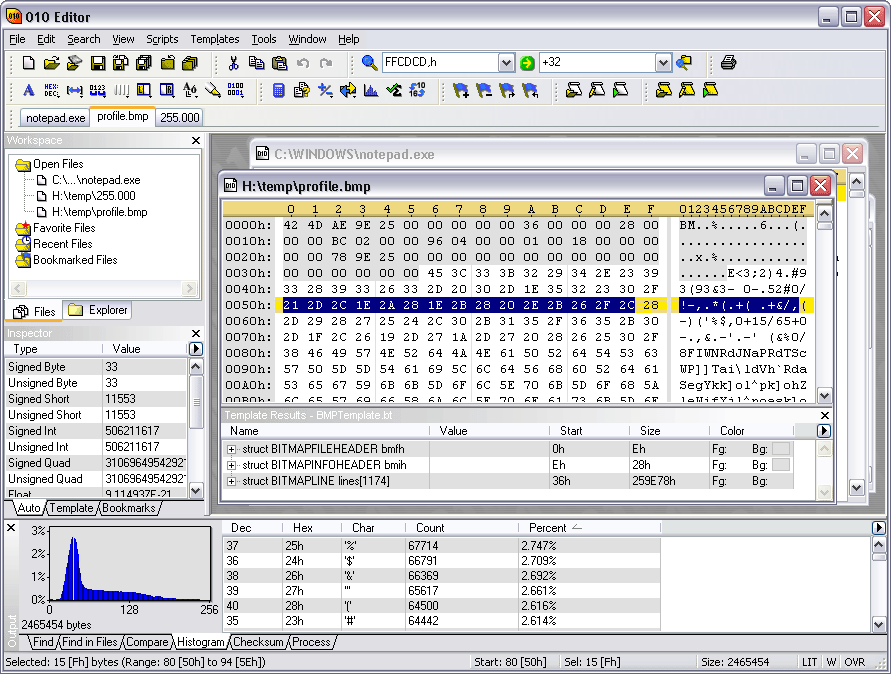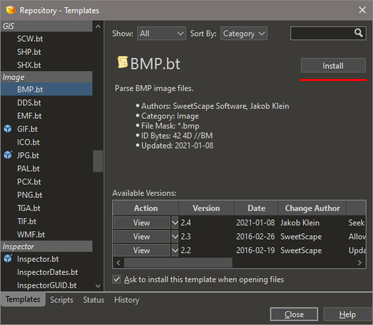


Some of the built in hashing methods are fairly good at this, so you could perhaps try something like getting the hash code of the string representation, and simply throw away half of the bits: ushort code = (ushort)value.ToString().GetHashCode() What you want to do is to try to distribute the hash values as evenly as possible over the range.
#010 editor uint32 hash 32 bit#
Why are you choosing such tiny limits on your algorithm, limits which will by their very nature make it trivial to break the hashing? And for that matter, what's the value in hashing such a tiny amount of data as a 32 bit integer? Your proposal can be broken by inexperienced high school students writing Javascript programs that take a couple minutes to write and maybe a minute to run, tops this is not even vaguely close to "somewhat hard". I would expect a "somewhat hard" problem in the hash-breaking space to require, dedicating, say, a few million dollars worth of supercomputer time to break. On average, the attacker will have about 65000 possible messages to choose from, and can therefore cherry-pick the message that best serves his nefarious scheme. Since there are only 4 billion possible inputs and only 65536 possible hashes in the system you propose, it is utterly trivial to find a message that corresponds to a given hash, no matter what the hash algorithm is. You say that you want the system to be "somewhat hard to break", by which I assume you mean that it is "somewhat hard" for an attacker to take a known digest and produce from it a possible input which hashes to the given digest.


 0 kommentar(er)
0 kommentar(er)
